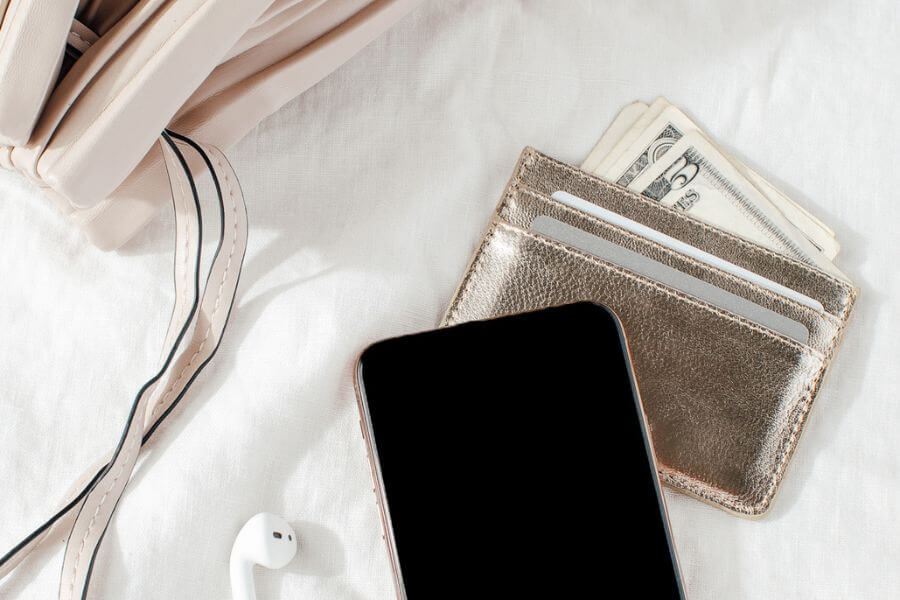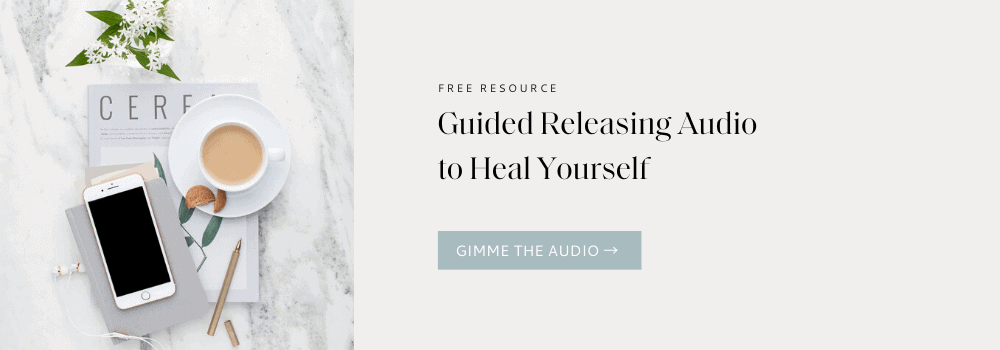
Last Updated on August 3, 2022 by Ade Aprilia
This post may contain affiliate links. If you make a purchase, I’ll receive a commission. Win-win. Disclosure
Money habits are one of the hardest to let go of, even when they’re unhealthy. Most often, people with bad spending habits find themselves spending above their earnings, with little to no savings to go home to. If you fall in this category, something’s got to give.
Now is the best time to drop some of those negative money habits to help make your financial life better. This article highlights how adopting positive money habits can impact your life
READY TO LET GO OF THINGS THAT DON’T SERVE YOU ANYMORE SO YOU CAN HAVE MORE ENERGY?
Check out my free guided audio to get started on how to release emotions painlessly on the spot!
1. Prevent impulse purchases
A money habit that can impact your life and not in a positive manner is impulse shopping. You can’t blame yourself entirely: those beautiful items at the checkout line have been strategically placed there to awaken the inner impulsive spender in you. When impulse purchases go unchecked, they can add up quickly, costing you thousands and ultimately causing you to run out of money within a short time. Imagine spending $100 on impulse shopping every month. This easily adds up to $1200 in a year: A lot of money that could be saved in stocks or bonds or used to pay off credit card debt.
If you have an urge to run this habit, just allow yourself to notice that, and let that go using Sedona Method.
2. Make wise credit card purchases
The concept of credit cards makes the impossible possible. Think back to that luxury car you’ve been dying to drive but couldn’t afford outright. At that moment, the magic of a credit card becomes almost impossible to ignore. With how easy it is to spend money you don’t have, credit card debt is currently one of the most expensive consequences of this money habit. Raising credit card debt is the fastest and easiest way to damage your credit score and lose out on great financial opportunities. The average American has a credit card balance of over $6,000. You tend to lose money paying off interest with high credit card balances. A damaged credit score also prevents you from being eligible for various financial services such as loans and mortgages.
3. Live within your means
Being honest about your finances is a healthy habit. It ensures that you plan to make the right purchases without putting you in a compromising position.
The best way to achieve this is by budgeting. With a budget, you can pay off all bills on time, prevent financial mishaps, and build wealth by saving. Sticking to your budget takes much effort and, when done right, can be highly beneficial for you and anyone dependent on you. Thankfully there are countless budgeting tools and methods one can use to create and work with a budget that is best suited to you.
4. Establish a reliable emergency fund
Emergencies happen unexpectedly. It could be anything from your car breaking down to an unexpected job loss or even home repairs. No matter what, it is always imperative that you have enough money to cater to these incidences when they do occur. Building and bulking up your emergency fund is one of the best money habits you could cultivate. This fund holds 3-6 months’ worth of living expenses, more than enough to keep you afloat until things get better.
5. Release your limiting beliefs about money
Limiting beliefs about money are REALLY common in our society and these are the reason why so many people are not as successful as they want to be.
These limiting beliefs cause you to self-sabotage, play small, feel insecure, have a negative mindset, and be careless about your success and happiness.
And whatever you hold in mind, it shapes your reality.
If you’re ready to break the habit of being a broke person and start living the life you really want for yourself, you can book a releasing session with me here.
Breaking away from bad money habits and starting new ones can be challenging, but it is worthwhile, as seen from the points mentioned above.
Now you.
What is your go-to to deal with money habits?
I’d love to hear about that in the comment below.
SAVE THIS FOR LATER!
Did you find this post useful, inspiring? Save this pin to your board on Pinterest. That way, you’ll always have this info on hand!
And please share this with anyone who needs it!





Leave a Reply